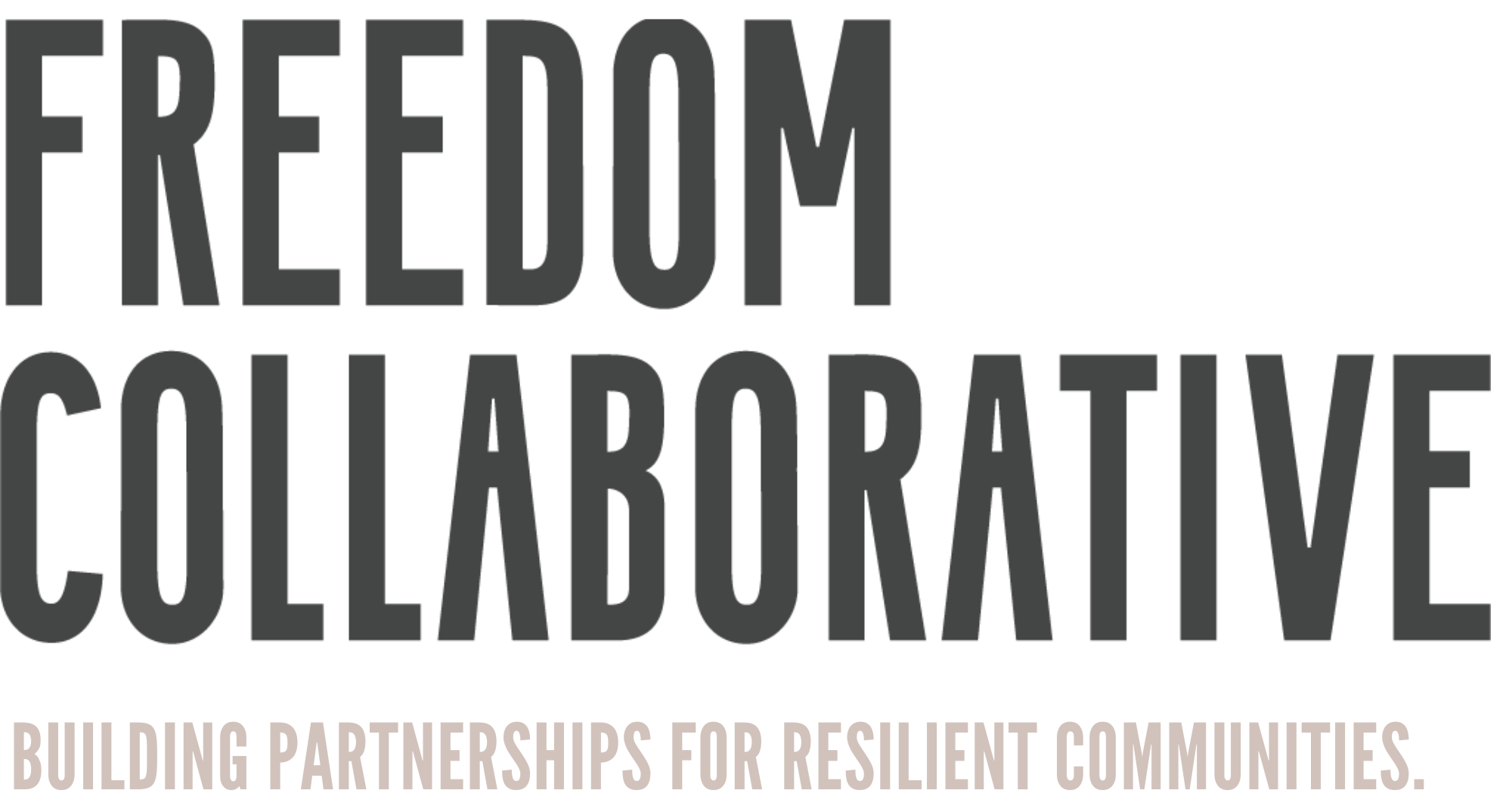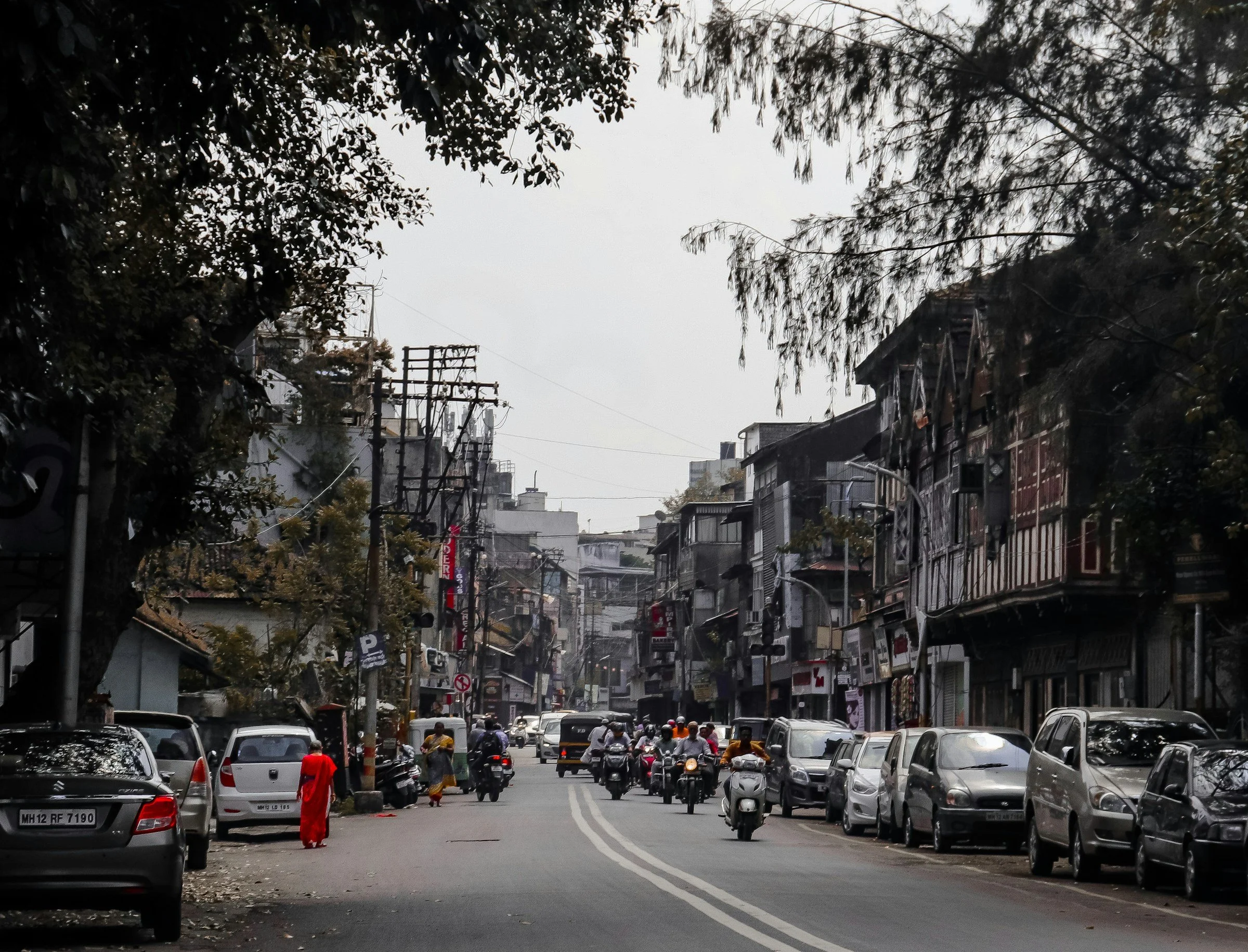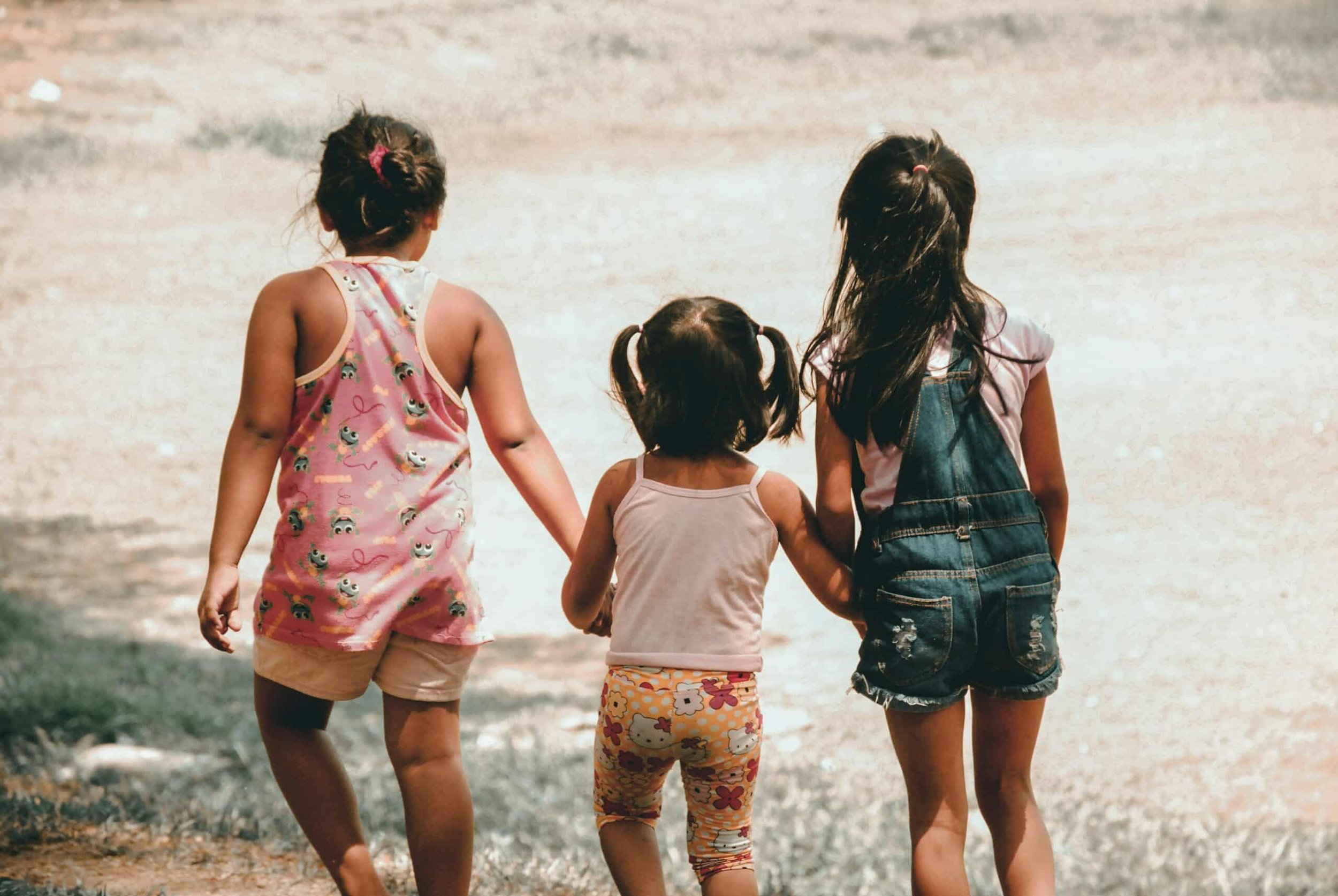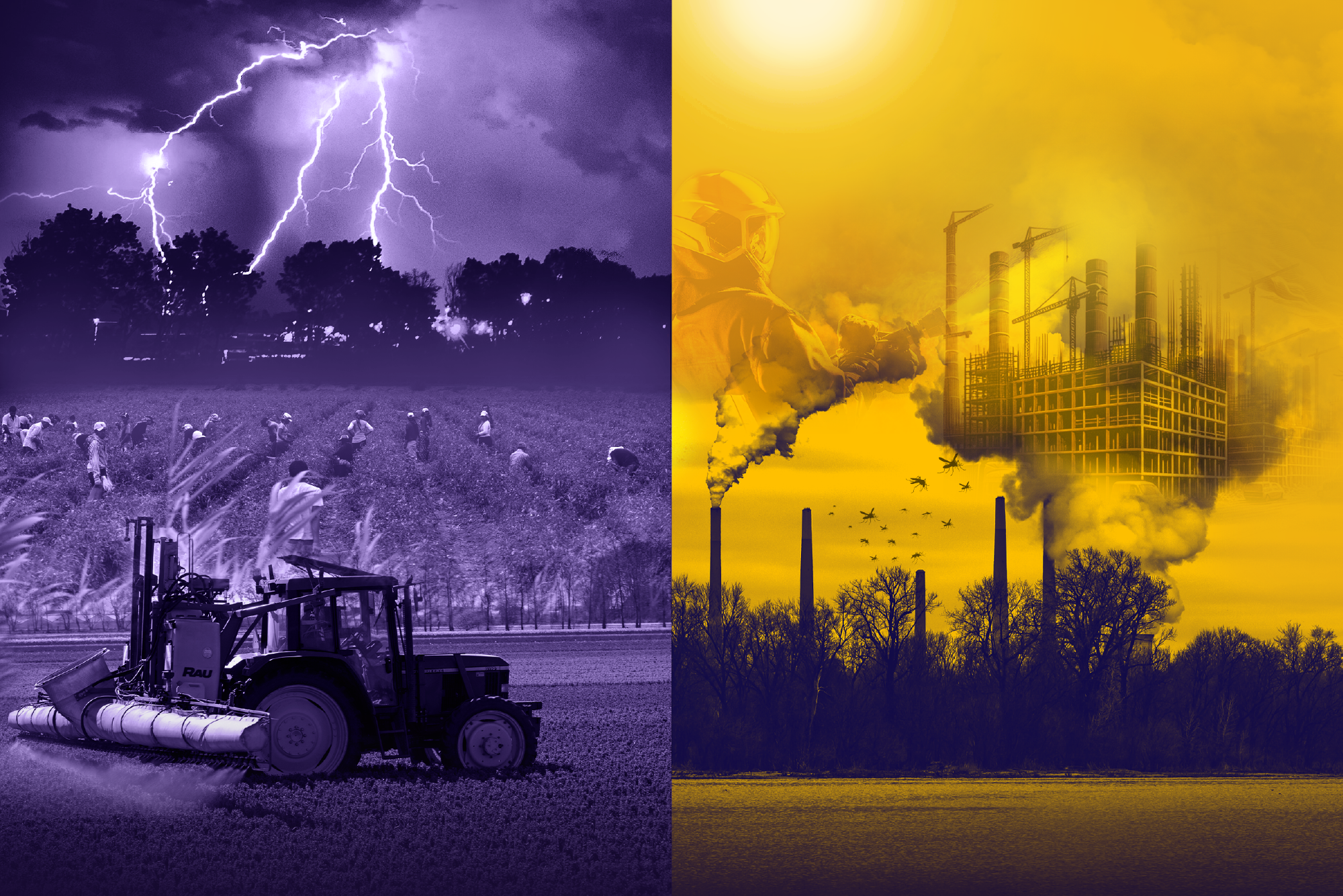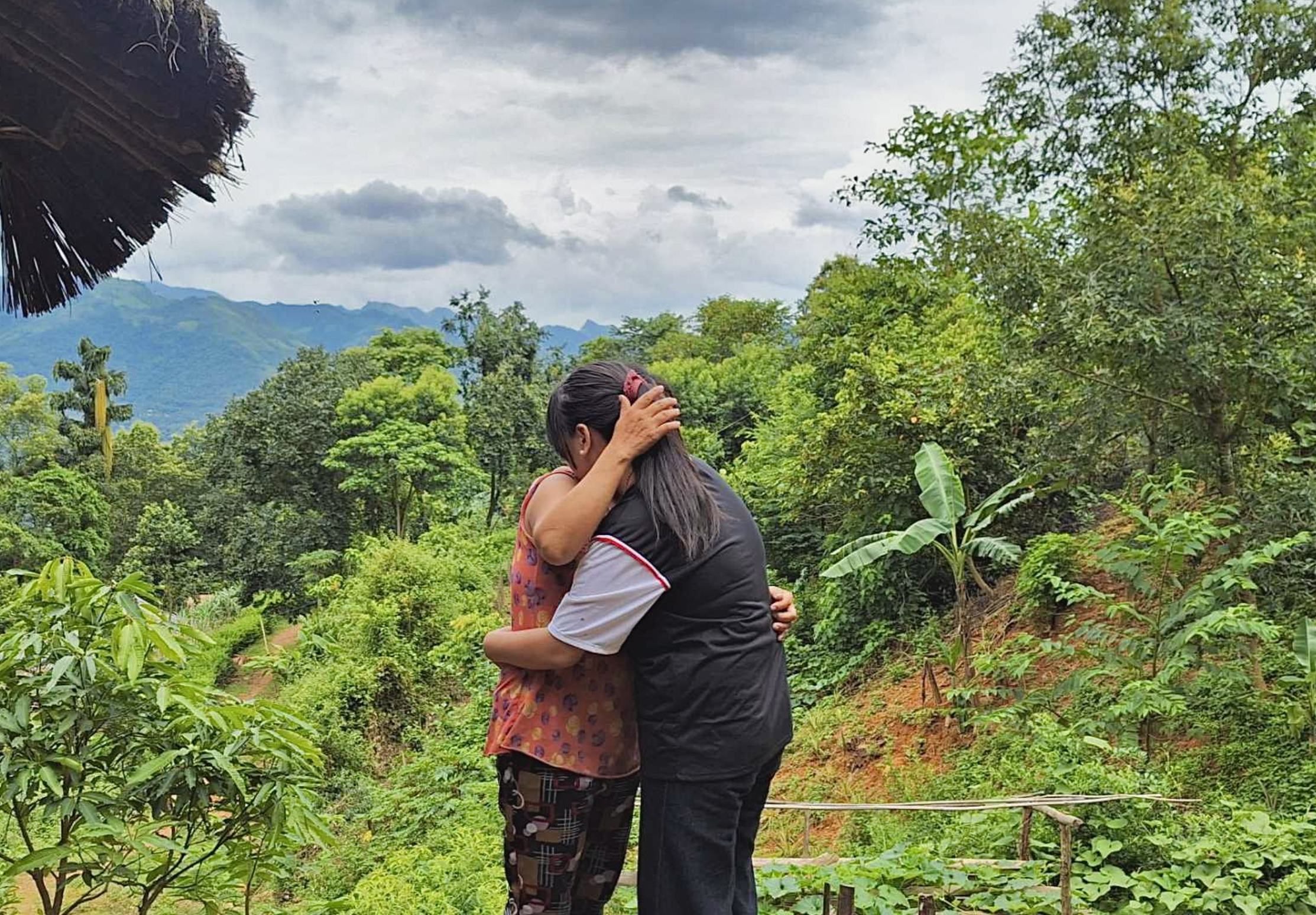An overlooked crisis: Trafficking and sexual gender-based violence against displaced women in Italy
Refugee Rights Europe reports on lack of support for trafficked women in Italy, Germany's government agrees on mandatory due diligence law, and Europe's top human rights court ruled that trafficked children should not be prosecuted.
(c) Refugee Rights Europe
Welcome to the February edition of Freedom Collaborative’s Europe newsletter. According to UNHCR data, 10% of the displaced people who arrived in Italy in 2018 were women, while 18% were minors. Most of these women and girls have experienced multiple forms of violence during their journeys, often continuing in Italy. In a recent report, Refugee Rights Europe examines the lack of available support and how women experiencing exploitation have been mainly left to fend for themselves.
Two weeks ago, the German government published a draft supply chain law aiming to hold companies accountable for human rights breaches. Ministers have described it as Europe's most robust legislation against worker exploitation. However, activists point out that the law requires stronger civil-liability rules and should extend its obligations to all companies.
And the European Court of Human Rights (ECHR) said Britain had failed to protect potential victims of child trafficking in a case dating back to 2009 and breached two articles relating to the prohibition of forced labor and the right to a fair trial. The case proved the importance of protecting children through principles of non-punishment and non-prosecution.
Thank you very much for contributing updates to include in this monthly round-up. Please keep sharing your news via our Facebook group or by email. We appreciate all your support and are happy to work with you.
Trafficking and Violence against women and girls in Italy is a human rights violation
In recent years, Italy has been one of the countries with the highest numbers of arrivals of displaced people. Most of the women and girls experienced multiple forms of violence during their journeys, often continuing after arriving in Italy. Prompt support and identification of women and girls that experience trafficking and sexual gender-based violence is crucial to allow them to escape from exploitation.
In their latest report, Refugee Rights Europe and the NGO Differenza Donna state that women and girls are not supported and identified promptly. Most of them do not receive timely medical support for their sexual and reproductive health. Existing dispositions and procedures do not take into account the difficult situation of people who experience THB and SGBV, increasing the risk of exposing them to refoulement or years of exploitation.
During the Covid-19 lockdown in Italy, the situation for women and girls suffering from SGBV or THB deteriorated further due to government-enforced restriction of movement. Women suffering from trafficking have been mainly left to fend for themselves. The report sheds light on this overlooked crisis, based on a detailed desk review and interviews with Differenza Donna founded in Rome in 1989 to expose, combat, prevent and overcome gender-based violence.
Women and girls affected by trafficking and violence may have normalised the violence suffered, do not identify themself as a victim, have difficulties in recounting the violence. Moreover, they often fear being exposed to renewed violence by violent partners or traffickers. Women are coming from different cultural, economic and religious backgrounds and it is important to understand how violations of sexual and reproductive rights, violence, exploitation and trafficking interact with these factors to affect women’s lives in different ways.
The authors are calling for institutions to be trained to address the specificity of gender-based violence and the migration context, supporting women in escaping from violence. A feminist and an intersectional approach is necessary to identify vulnerabilities, support women in escaping violence, improve the effectiveness of the legislative system and prevent the exploitation and the non-refoulement of women exposed to violence and trafficking. Lastly, more funds must be allocated to associations that support women exposed to SGBV and THB or trafficking to allow the effective implementation of the legal provisions and appropriate support to address the women’s needs.
Germany to fine firms for rights breaches in supply chains
After the UK and France, Germany is taking action to impose binding legislation on human rights due diligence in the supply chain. After months of heated debates, Economics Minister Peter Altmeier, Development Minister Gerd Müller and Labour Minister Hubertus Heil recently announced that they have reached a compromise on a draft Supply Chain Act (Lieferkettengesetz), which could be introduced to parliament by next fall.
The provisions of the bill remain rather vague and are still under discussion.
Activists are pointing out that the parliament should explicitly require companies to assess and address human rights risks on an ongoing and systematic basis along the whole supply chain, including suppliers several steps down.
In particular, parliament members should strengthen the law by taking the following measures:
Clarify that companies have to conduct ongoing and systematic human rights due diligence along the whole supply chain, including indirect suppliers;
Extend the scope of the law to all companies above 250 employees or a €20 million balance sheet total – defined as large companies in German law, and to small and medium-sized companies if they are active in industries with particularly high risks for people or the environment;
Strengthen provisions governing civil liability for persistent or irreversible human rights, labor rights, or environmental harm caused by, or substantially contributed to, by a company through its own operations or its supply chain; and
Spell out obligations regarding environmental due diligence, including on climate change.
If approved as it stands, the law will apply to companies with more than 3,000 employees from 1 January 2023 and to companies with more than 1,000 employees from 1 January 2024.
However, a more robust supply chain law in Germany could have a positive impact on ongoing efforts to adopt human rights and environmental due diligence legislation at the EU level. On January 27, the European Parliament’s legal affairs committee voted on a proposal to request EU legislation, including liability for companies that don’t meet their obligations.
More news from across Europe:
Britain should pay 90,000 euros (78,590 pounds) in compensation to two Vietnamese men who were convicted of drug crimes despite signs they had been trafficked as children and forced to work on cannabis farms, Europe’s top rights court ruled.
On February 9, the EU Parliament passed major decisions on human trafficking, including reviewing how each member state implemented the EU Directives for anti-trafficking and the need for a fully functioning National Referral Mechanism (NRM) for each member state that co-operate with NGOs. EU Parliament also requested that laws be changed to allow survivors from non-EU countries to stay beyond an initiation reflection period regardless of if they testify, minimum functioning of anti-trafficking services in times of emergency, and calls to review criminal activity around migration and human trafficking.
Save The Children has warned that hundreds of unaccompanied minors and children with their families are trapped along the Balkan route and are suffering pushbacks from EU nations, trafficking, and exploitation.
Ten organizations have been chosen as Child10 2021 Awarded Members and recognized as dedicated experts in the fight against trafficking and sexual exploitation of children in Europe. Together they have more than 100 years of experience in the field.
At the U.N. Human Rights Council, Britain denounced reports of abuse in Xinjiang, including torture, forced labour and sterilisation of women.
A coalition of trade unions, civil society organisations and individuals call on the EU institutions to include and improve human rights and workers’ rights in the reform of the common agricultural policy (CAP). The letter, coordinated by the European Federation of Trade Unions in the Food, Agriculture and Tourism sectors, underlines the fact that agricultural workers now expect a clear response from the EU.
Norwegian police have arrested sex workers over accusations that they violated quarantine restrictions.
For the first time, BAFTA in London will mark European anti-Human Trafficking Day, 18 October 2021, by hosting a film festival, organised by RENATE. Submissions can be made here.
Share your news
Post your experiences from the field and initiatives to feature
